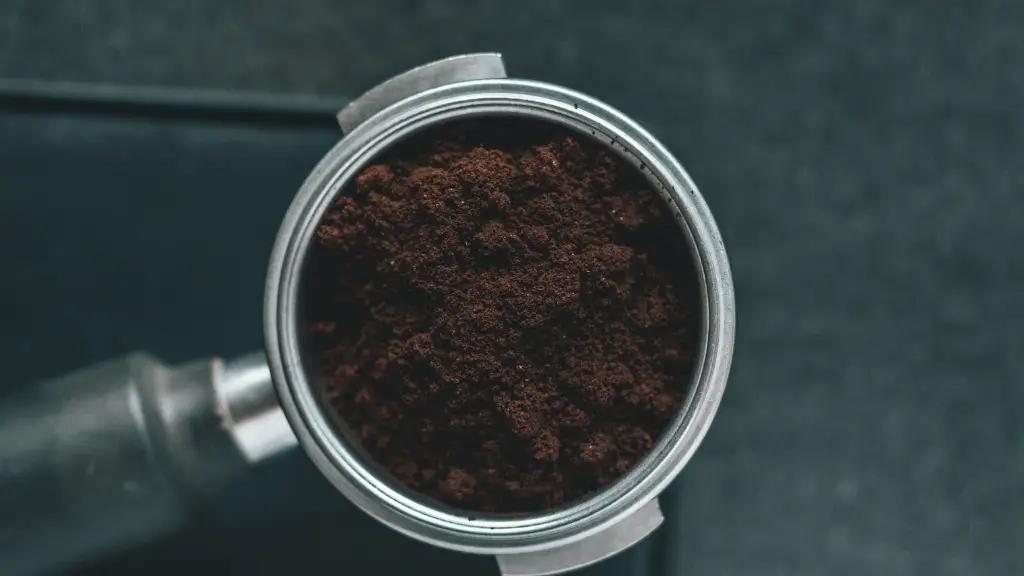Nutrition
It is no secret that coffee has many healthy benefits, including reducing stress and promoting blood flow. Recent research has been focusing on its effects on menstruation, specifically whether or not it is safe to drink coffee during a woman’s period.
Coffee is widely known to be a diuretic, meaning it will make you go to the bathroom more often than usual. During your period, you may already be retaining water or dealing with a few other changes to your body. Coffee may interfere with your normal hormones during this time, so it’s important to be mindful of how much you are drinking.
In addition to water retention, your hormones naturally fluctuate during your period. The hormones serotonin, cortisol, and progesterone are all affected by caffeine. Caffeine can increase levels of these hormones in your body, which can contribute to further hormone imbalances. It’s best to avoid caffeine during your period unless your doctor has specifically recommended it.
It’s also important to consider your stress levels. During your period, you may find yourself more prone to stress and anxiety. Coffee can make this worse, as it is known to increase anxiety and disrupt sleep. If you’re feeling stressed or anxious during your period, it may be a good idea to prioritize your mental health and stay away from coffee.
Finally, coffee can also cause or worsen cramps. Caffeine has been shown to constrict blood vessels, leading to an increase in muscle cramping. This can make period cramps even more painful, so it is best to skip coffee if you are experiencing cramps.
Alternatives
If you are someone that really enjoys coffee, there are a few alternatives you can try. Caffeine-free alternatives such as herbal teas, decaffeinated coffee, and plant-based milks can be enjoyed without the same risk of disrupting your hormonal balance.
Herbal teas such as chamomile, peppermint, and ginger are all known to help reduce cramps and stress. Decaffeinated coffee may still contain some caffeine, but will contain significantly lower amounts. Many plant-based milks, such as almond and oat milk, can be a great replacement for regular cow’s milk and can still be used to make a tasty cup of coffee.
It’s important to remember that everyone’s body is different and responds differently to different foods and drinks. If you’re not sure how your body will respond to caffeine during your period, it’s best to consult your doctor or a nutritionist.
Conclusion Of drinking Coffee During Period
In conclusion, while coffee has many health benefits, it is not recommended to drink during your period as it can disrupt hormone levels and increase cramping. If you really enjoy coffee, there are alternatives such as decaffeinated coffee or plant-based milks. If you’re not sure how your body will react to drinking coffee during your period, it’s best to talk to your doctor or a nutritionist.
Side Effects
While caffeine may not be harmful to most healthy individuals, there can be risks if not taken closely enough.Coffee can disrupt sleep, raise blood pressure, and increase stress levels. Furthermore, if caffeine is consumed in large amounts, it can lead to cardiac problems, palpitations, and headaches.
It is also important to keep in mind that some people may have adverse reactions to caffeine, including those with diabetes and high blood pressure. Therefore, if you are taking medications or have certain health conditions, it is best to speak to your doctor before consuming any caffeine.
Overall, if you are healthy and do not have any medical conditions, drinking coffee during your period is generally safe and may even have some health benefits. However, it is important to pay attention to how your body responds and to listen to it if it is telling you something.
Risks of Overconsumption
Although caffeine has many potential health benefits, overconsumption can lead to serious health risks. Consuming high amounts of caffeine for a prolonged period of time can lead to chronic stress and insomnia. Caffeine may also increase the risk of becoming addicted, as it is a psychoactive drug. Increased caffeine intake can also cause headaches, dizziness, and nausea.
It is also important to be aware of hidden sources of caffeine, such as energy drinks, soda, and certain medications. Consuming too much caffeine can also lead to an increased risk of certain diseases, such as heart disease, stroke, and diabetes.
In general, if you are healthy, drinking coffee during your period is generally safe. However, if you are pregnant, have a medical condition, or are taking medications, it is best to seek advice from your doctor before consuming caffeine.
Take-Aways
When deciding whether or not to drink coffee during your period, it is important to weigh the pros and cons. Coffee can provide mental and physical benefits, but it is important to be aware of the potential risks as well. Be mindful of how much coffee you are consuming and pay close attention to how your body responds. If you are pregnant, have a medical condition, or are taking medications, it is best to consult your doctor before consuming caffeine.




